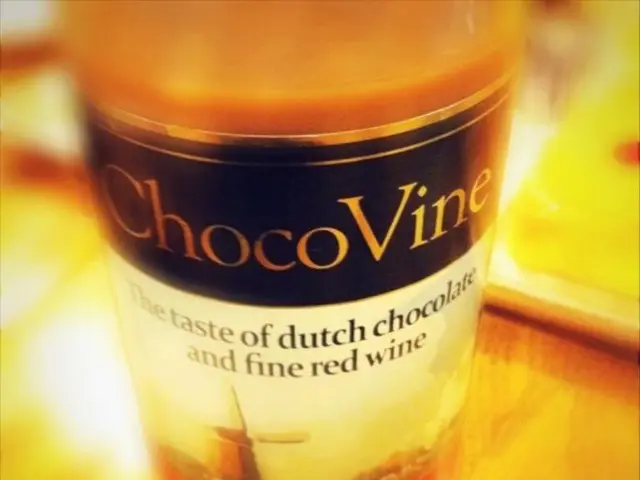Uncovering the Questionable Content in the 'Make America Healthy Again' Report
Alleged use of nonexistent research by U.S. government under scrutiny
Washington (dpa) - Bogus studies, fictitious researchers, and twisted interpretations: According to media investigations, the U.S. government has referred to nonexistent sources in an official report, specifically the "Make America Healthy Again" (MAHA) report issued by the White House regarding children's health issues. In a detailed analysis, the online magazine "Notus" found seven sources within the MAHA report that can't be traced [1].
"Notus" is an offshoot of the non-profit Allbritton Journalism Institute, founded by media tycoon Robert Allbritton, who also created the news service "Politico," and focuses on journalism education.
Three examples from the research:
- Epidemiologist Katherine Keyes is listed as the primary author of a study on youth anxiety in the MAHA report. Keyes does indeed work in this field, but she told "Notus" that "the cited study is not a real study in which I or my colleagues were involved." The study also does not appear in the table of contents of the mentioned issue of the journal "Jama Pediatrics" [1].
- Virginia Commonwealth University indeed employs one of the supposed authors listed, Robert L. Findling. However, he hasn't conducted a study on advertising psychoactive substances to youth, as stated in the MAHA report, as confirmed by the university to "Notus" [1].
- Another listed primary author of a study on ADHD medication, "Shah, M.B.," does not seem to be a researcher in this field - or one who is frequently cited on relevant portals [1].
"In addition, content was taken out of context or results were misrepresented in approximately 20 other sources," said Margaret Manto, one of the journalists responsible for the research, to Der Spiegel. Many citation errors, non-functioning links, and misinterpretations of study results were also discovered [1]. The "New York Times" also joined the research and found further inconsistencies [1].
White House Brushes Off Errors - Removes Sources
In response to the allegations, the White House dismissed them as mere citation and formatting errors. The spokesperson of the health department Emilly Hilliard defended the report as "a significant and transformative assessment of the government's effort to understand the epidemic of chronic diseases that affect the children of our nation" [1].
However, the government subsequently published an updated version of the MAHA report, removing the seven references to non-existent sources, as reported by "Notus" [1].
"This isn't about formatting errors, but grave flaws," said journalist Margaret Manto to Der Spiegel. "The report would not pass peer review," a process in which scientific studies are reviewed by esteemed scientists in their respective fields before publication in specialized publications [1].
Additional Insights:
- Both the investigation by NOTUS and the New York Times uncovered additional instances of fake citations, incorrect conclusions, and technical errors within the MAHA report [2][4].
- Experts suggested that the extensive errors in the report may indicate the use of artificial intelligence in its creation [2].
- Fellow Health and Human Services (HHS) Secretary Xavier Becerra criticized the White House's defense of these errors, referring to them as "BS" and questioning whether there were even more oversights that went unnoticed [2].
- Current HHS Secretary Robert F. Kennedy Jr., who championed the report as based on "gold-standard" science, has faced criticism due to the presence of false citations and misrepresentations in the report [3].
- The White House's "Make America Healthy Again" report, under scrutiny for using nonexistent sources, has been linked to a study on youth anxiety by Epidemiologist Katherine Keyes, who pointed out that the cited study was not one she or her colleagues were involved in.
- The political landscape saw a merging of health-and-wellness and general-news agendas, as reports of questionable content in the "Make America Healthy Again" report stirred debate, with some pointing towards the potential use of artificial intelligence in its creation.
- The Scientific community has expressed concerns over the accuracy and validity of the "Make America Healthy Again" report, with experts suggesting that the extensive errors within could indicate its possible creation through artificial intelligence, casting doubt on its credibility in medical-conditions and health-and-wellness discourses.








